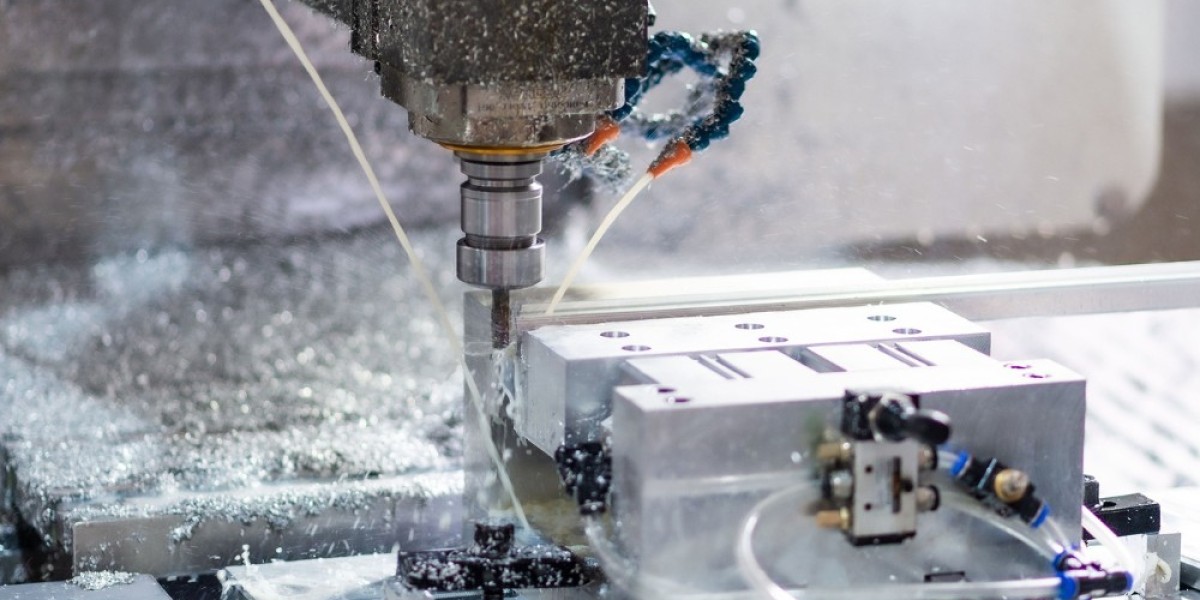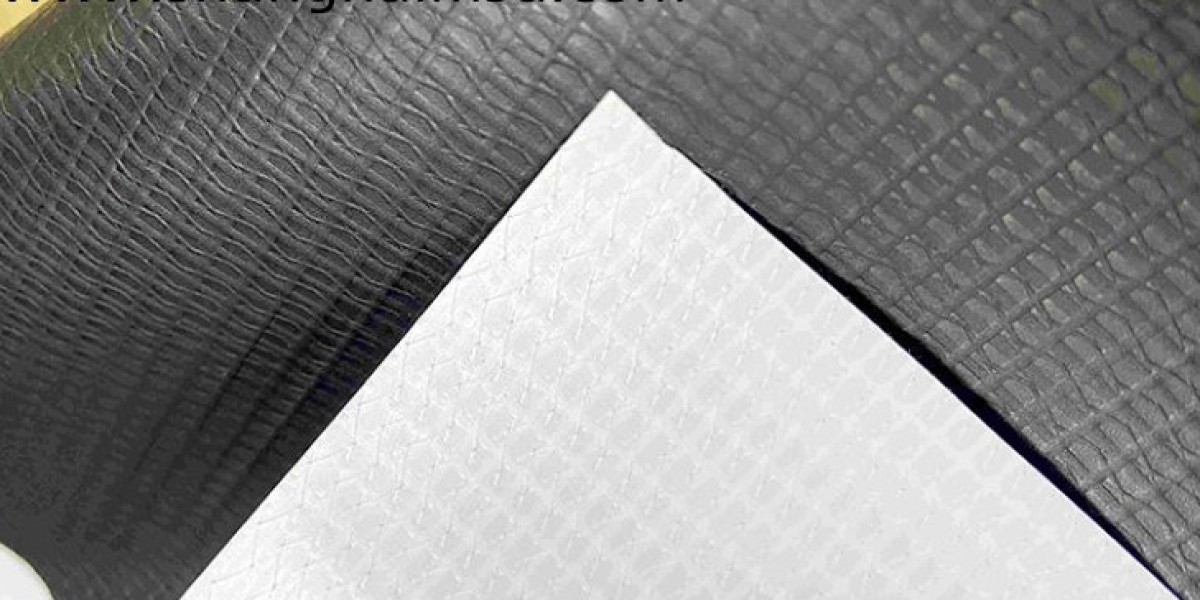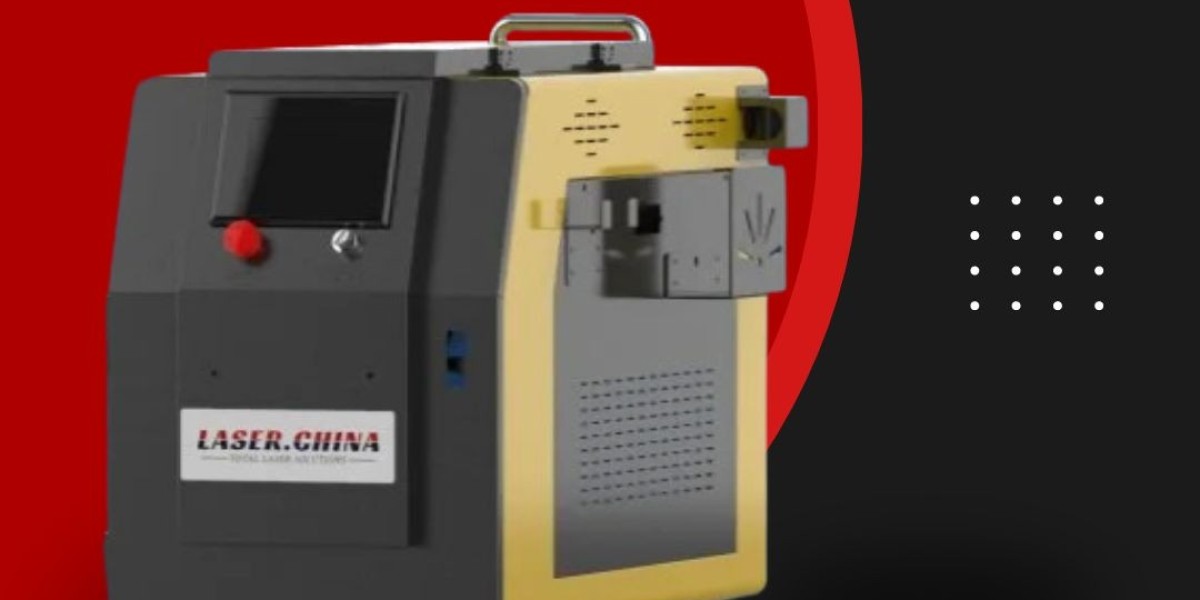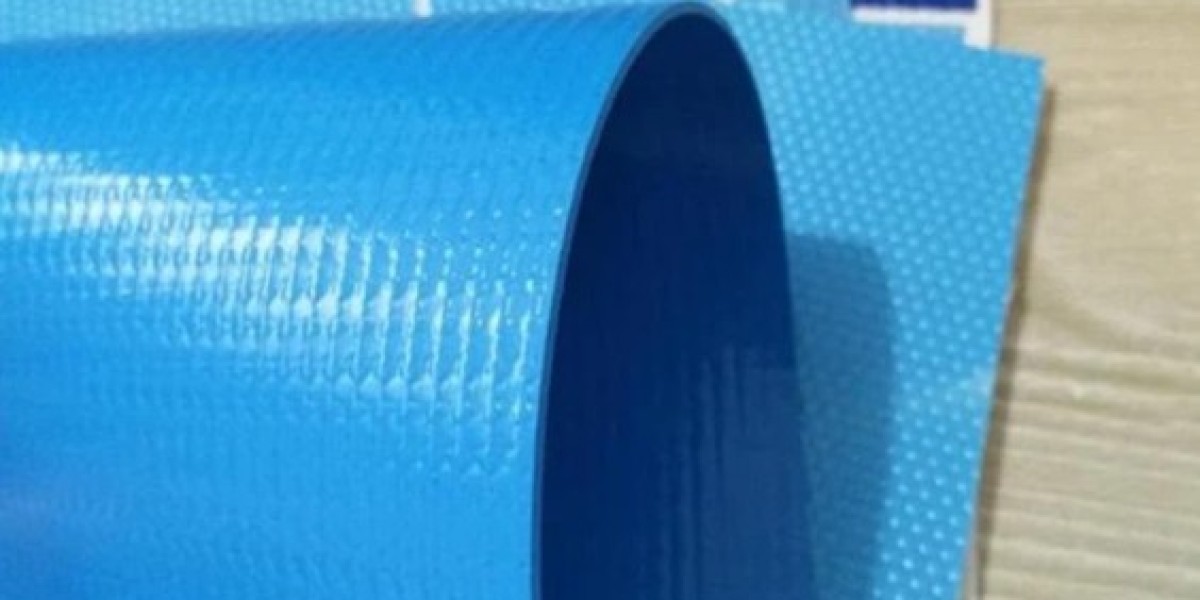CNC turning is a fundamental machining process used to create precise cylindrical parts. With the aid of Computer Numerical Control (CNC) systems, this manufacturing technique allows for exceptional accuracy, repeatability, and efficiency in producing complex components. A Cnc turning Company specializes in delivering high-quality turned parts for a wide range of industries, including aerospace, automotive, medical, electronics, and defense.
What is CNC Turning?
CNC turning involves a lathe machine where a workpiece rotates while a cutting tool removes material to form the desired shape. Controlled by pre-programmed software, CNC turning machines can perform intricate cuts and form tight tolerances—much higher than manual turning processes.
Key Features of CNC Turning:
High precision and repeatability
Tight tolerances (up to ±0.001 mm)
Fast production cycles
Compatibility with various materials (metals, plastics, etc.)
Complex part geometries
Services Offered by a CNC Turning Company
A professional CNC turning company offers a range of services tailored to meet different client needs. These services typically include:
1. Custom CNC Turning
Tailored solutions for prototype development or low-to-high volume production of turned components based on custom designs.
2. Multi-Axis CNC Turning
Advanced multi-axis lathes allow for complex shapes and contours to be machined in a single setup, increasing accuracy and efficiency.
3. Swiss-Type CNC Turning
Swiss turning machines provide unmatched precision for small, high-tolerance parts—often used in medical, watchmaking, and electronics industries.
4. Rapid Prototyping
Quick turnaround for prototype components helps speed up the product development cycle and test concepts before full-scale production.
5. Secondary Operations
Includes additional processes such as drilling, threading, knurling, deburring, and polishing to deliver ready-to-use parts.
6. Quality Inspection & Testing
Certified CNC turning companies implement strict quality control using CMM (Coordinate Measuring Machines), surface testers, and other precision instruments.
Industries Served by CNC Turning Companies
Aerospace
Manufacturing lightweight, high-strength parts for aircraft, drones, and satellites that meet FAA or ISO standards.
Automotive
Production of engine components, brake parts, transmission shafts, and other critical parts for cars and commercial vehicles.
Medical
Fabrication of surgical instruments, orthopedic implants, and custom diagnostic equipment using biocompatible materials.
Electronics
Precision pins, connectors, and casings for consumer electronics and communication devices.
Defense
Components for defense systems and equipment, produced with strict adherence to military-grade quality requirements.
Materials Used in CNC Turning
A reliable CNC turning company works with a wide variety of materials based on the application requirements:
Metals: Stainless steel, aluminum, brass, copper, titanium, alloy steel
Plastics: Delrin, nylon, PEEK, PTFE, acrylic
Special Alloys: Inconel, Monel, Hastelloy for high-temperature or corrosion-resistant applications
Benefits of Choosing a CNC Turning Company
1. Precision Engineering
Expert CNC machinists and engineers ensure the final product meets exact specifications and tolerances.
2. Cost Efficiency
Automation and minimal waste help reduce overall production costs, especially in medium to high-volume orders.
3. Speed and Scalability
CNC turning companies offer fast production timelines and the ability to scale from prototype to mass production.
4. Expert Support
From design consultation to final inspection, a full-service CNC company offers technical guidance and customer service throughout the project lifecycle.
5. Certifications & Standards
Many reputable firms are ISO 9001, AS9100, or ITAR certified, ensuring high standards in production and data security.
How to Choose the Right CNC Turning Company
Choosing the right partner is crucial for the success of your project. Here’s what to look for:
Experience and reputation
Range of machinery and capabilities
Material versatility
Turnaround time and delivery
Customer testimonials or case studies
Compliance with industry standards
CNC Turning vs CNC Milling: Key Differences
| Feature | CNC Turning | CNC Milling |
|---|---|---|
| Workpiece Movement | Rotates | Stationary |
| Tool Movement | Linear along axes | Rotates and moves across axes |
| Part Shape | Cylindrical, conical, or tubular | Flat, complex 3D geometries |
| Typical Use | Shafts, pins, sleeves | Housings, brackets, complex structures |
Conclusion
A CNC turning company plays a critical role in modern manufacturing by delivering high-precision components across diverse industries. With state-of-the-art machinery, skilled technicians, and a commitment to quality, these companies provide reliable, scalable, and efficient solutions for turning needs. Whether you're developing a prototype or scaling up for large production runs, partnering with a reputable CNC turning service provider ensures your parts are manufactured to the highest standards—on time and on budget.








